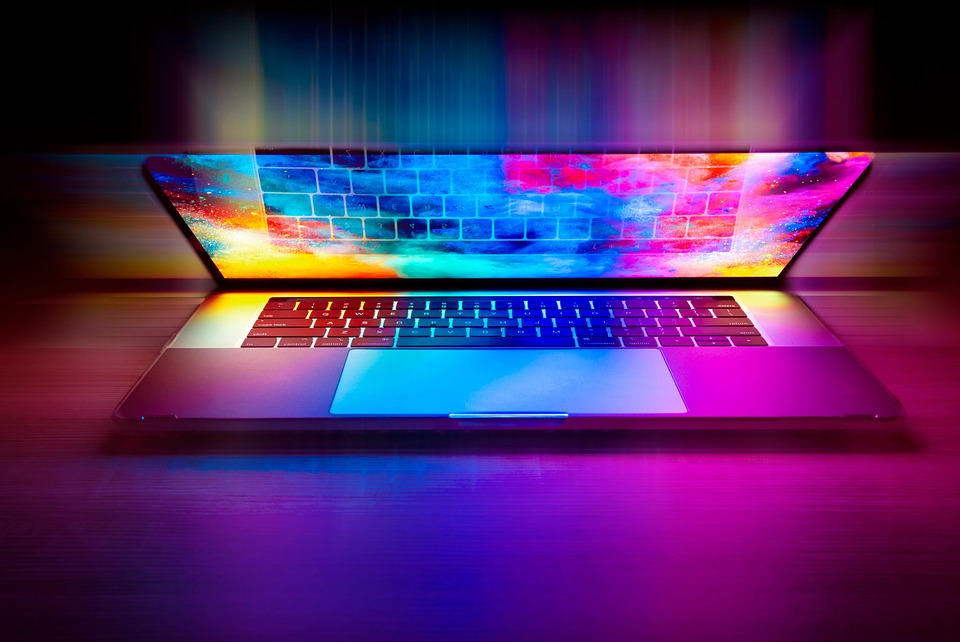As we venture deeper into the 21st century, the landscape of personal computing is evolving at a breathtaking pace. The traditional PC has been a steadfast companion for both personal and professional tasks, but technology’s constant evolution raises questions about its future. What lies ahead for personal computing? Here, we explore emerging trends and innovations that are set to shape the future of PCs.
1. Evolution of Form Factors
Gone are the days when personal computers were confined to bulky towers and desktops. The emergence of tablets, 2-in-1 devices, and compact micro-PCs, such as Intel’s NUC (Next Unit of Computing) and various Stick PCs, has already transformed how we perceive computing devices. The future may see even more diverse form factors, including flexible screens that can be rolled and folded, offering unprecedented portability and versatility. Devices that morph between tablet and laptop forms could become commonplace, catering to varied user needs.
2. Increased Focus on Mobility
With the rise of remote work and mobile lifestyles, the demand for lightweight, high-performance devices is at an all-time high. Laptops are becoming increasingly powerful yet thinner and more energy-efficient. Innovations in battery technology, including solid-state batteries that charge faster and hold more energy, will enhance mobility further. Expect advancements in connectivity technologies like 5G and Wi-Fi 6E, paving the way for seamless online experiences, even in areas with traditionally limited access.
3. Integration of AI and Machine Learning
Artificial intelligence (AI) is increasingly becoming integral to the computing experience. From predictive text and voice assistants to data analytics and machine learning, AI has the potential to transform how we interact with our devices. Future PCs may come integrated with AI systems that learn user preferences, streamline workflows, and enhance security measures. Imagine a device that adapts to your habits, offering suggestions for productivity or optimizing resource allocation dynamically based on your usage patterns.
4. Emphasis on Sustainability
As environmental concerns grow, the tech industry is looking to reduce carbon footprints. The future of PCs will likely see a stronger emphasis on sustainability—from materials used in manufacturing to energy efficiency. Laptop manufacturers are already exploring biodegradable materials, modular designs that allow for easy repairs and upgrades, and recycling initiatives. Tech companies will also focus on creating energy-efficient processors, drastically reducing the power consumption of PCs, thereby contributing to a greener planet.
5. Advancements in Virtual and Augmented Reality
The recent surge in interest in virtual reality (VR) and augmented reality (AR) signifies a paradigm shift in how we engage with digital content. The future of personal computing may not only involve traditional screens and input devices but also immersive environments. PCs designed specifically for VR/AR experiences will become more mainstream, enabling users to interact with digital objects in enriched, immersive ways. As platforms like the Metaverse expand, PCs will need to cater to the seamless integration of virtual experiences into everyday life.
6. Cloud Computing and Edge Computing
The rise of cloud computing has already changed how we access software and data. As more services move to the cloud, the reliance on local storage diminishes. This shift could lead to lightweight devices with faster processing capabilities while leveraging the cloud for heavy computing tasks. Edge computing will further complement this by processing data closer to its source, ensuring faster speeds and minimal latency. Consequently, users may see performance-enhanced experiences without the need for powerhouse hardware at home.
7. Enhanced Gaming Experiences
With the gaming industry booming, the demand for high-performance PCs continues to soar. The future of personal computing will include dedicated gaming laptops and desktops engineered to provide gamers with superior experiences. Advancements in graphics technologies, such as real-time ray tracing, and the integration of AI for more immersive gameplay will push the boundaries of gaming. Furthermore, as competitive gaming and e-sports gain traction, there will be an increasing demand for devices that cater specifically to gamers’ needs.
Conclusion
The future of personal computing is poised for transformation, driven by technological advancements and evolving consumer needs. From revolutionary form factors and mobility enhancements to AI integration and sustainability, the next generation of PCs will offer more than just traditional computing capabilities. As we look ahead, it’s clear that the future of PCs is not just about hardware—it’s about creating versatile, sustainable, and intelligent systems that empower users in every aspect of their lives. This exciting evolution holds limitless potential, promising smarter, greener, and more engaging computing experiences for everyone.



